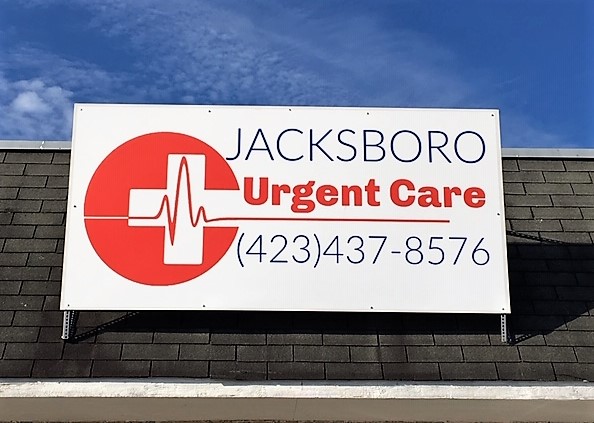After Hour Services of an Urgent Care Hospital

Everyone needs a primary care doctor to take care of routine office visits and concerns. There are times, however, when an urgent care center will meet patient needs more conveniently.
Differences Between Primary Care Physicians and Urgent Care
A primary care physician is a patient’s main doctor. They manage overall health care and refer patients to specialists if necessary. A primary care doctor has a complete understanding of a patient’s medical history and vaccinations. Patients can use an urgent care hospital when they need assistance as soon as possible or when the care is after the primary care physician’s office is closed.
When to Choose Primary Care or Urgent Care
Primary care physicians can handle non-emergency treatment for bacteria, injuries, accidents, and viruses. The PCP is more familiar with a patient’s medical history and can catch and manage chronic conditions. A PCP will best manage allergies and medications and is usually the provider that a patient talks with about general concerns.
Urgent care is specifically for conditions that need medical attention as soon as possible. While the PCP may be able to treat conditions like the flu, fevers, sprains, colds, and bruises, their office may be closed when the patient feels they need help. Patients with severe burns, fractures, and chest pain should go to the emergency room, but milder cases should head to the local urgent care hospital or clinic.
Patients at urgent care facilities should follow up with their primary care doctor to let them continue to monitor the condition.
Most Common Conditions Treated at Urgent Care Clinics
There are many conditions that doctors treat at urgent care facilities. Commonly, they see many broken bones and sprains. Most facilities can take x-rays to determine if a bone is broken or just sprained and the next course of treatment. Urgent care clinics often see patients with bronchitis, ear infections, and eye irritations. Patients who suspect food poisoning, kidney stones, or other abdominal issues often need immediate relief and visit urgent care clinics.
Many families take children to urgent care clinics in the evenings instead of waiting for the pediatrician’s office to be open in the morning. Conditions with escalating fevers can be scary for parents, and many parents want to know that they are doing everything possible to help their child get better.
How to Choose an Urgent Care Facility
Because urgent care clinics are common now, it can be challenging to know which one to choose. Always check to make sure that the clinic takes your health insurance. Medical care can be expensive, and paying the out-of-pocket expense can be costly to many patients.
How Long Will the Wait Be?The urgent care model is supposed to be convenient and quick. Consider visiting a clinic that allows patients to schedule appointments online or check in online before arriving. Choose a location with extended weekday and weekend hours close to home or work. Patients and families should always choose a facility that is well-staffed so that waiting time will be minimum.
Check the reviews of several urgent care facilities online. Look for comments about the professionalism of physicians and staff. Look for a facility that cares about patients and works to get them seen quickly and home quickly.
While they aren’t a substitute for primary care physicians, urgent care clinics can meet many needs that patients may have, especially after regular workday hours. It’s always advisable to have an urgent care clinic as a backup and in case of emergencies.









